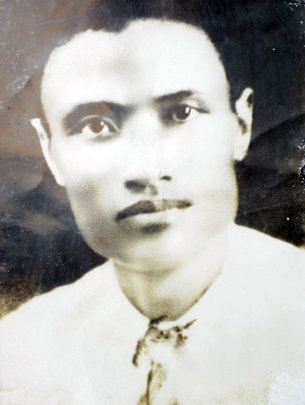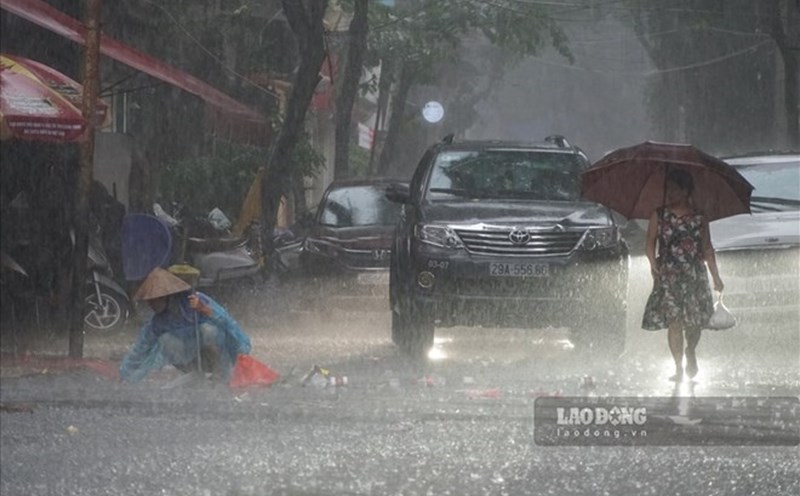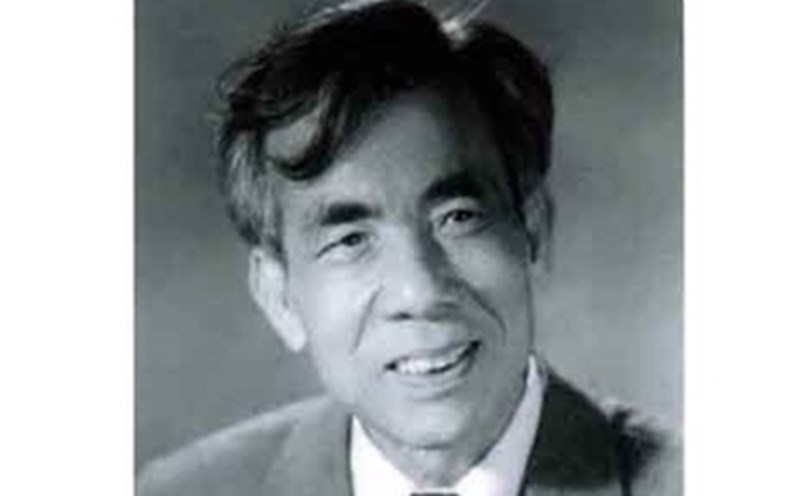On the morning of July 10, the Hanoi People's Council passed a resolution on naming, renaming, and adjusting the length of a number of streets, streets, and public works in Hanoi in 2025.
According to the resolution, Hanoi will name 38 new routes, adjust the length of 6 routes and rename 1 public project.
In particular, Tuong Dan Bao Street (Thanh Liet Ward): For the section from the intersection of Nguyen Xien Street at 168 to the intersection of Trieu Khuc Street on the side of Nguyen Lan Secondary School.
Tu Dan Bao was a outdated revolutionary of Vietnam in the first half of the 20th century.
According to the document "History of the Tuong Clan of Ta Thanh Oai" ( archived in 2010), Tuong Dan Bao was born in 1907, in To village, Ta Thanh Oai commune, Thanh Oai district, Ung Hoa prefecture, Ha Dong province (now in Ta Thanh Oai commune, Thanh Tri district, Hanoi).
He belongs to the 19th generation, branch 2, branch 3 of this clan. He is the fifth child of Mr. Tuong Van Tu and Mrs. Trinh Thi Tien. When he was 5 years old, he followed his family to live in Hai Phong. As a child, he went to school and had a degree in French - Vietnamese Primary School.

At the age of 18, due to difficult family circumstances, he dropped out of school to work as a machine learning secretary for an office under the city government. Seeing the colonialists' negligent attitude towards the indigenous people, he gradually formed a national spirit, becoming the foundation for the revolutionary path in the future.
After separating from his family early, he joined the Nam Dong Thu Commune organization, then held the role of Head of the Investigation Committee of the Vietnam National Party.
After the Bazin assassination (1929), he was arrested and deported to Con Dao. Here, he met and changed direction to Communist ideals, joining the Indochinese Communist Party in 1935.
After being released in 1936, he worked revolutionarily in many places such as Thanh Hoa, Thai Binh, and Saigon. Since 2006, he has been a member of the Southern Party Committee.
After the August Revolution, he participated in welcoming political prisoners from Con Dao to the mainland, then held positions such as Secretary of the Chau Doc Provincial Party Committee, and Political Inspector of the Southwest region.
In 1946 he was arrested, tortured and detained by the French, and was later released on legal aid. In 1947, he passed away in the Dong Thanh battlefield due to a serious illness at the age of only 40. He was posthumously awarded the title of martyr and a solemn funeral was held.
Regarding his private life, in 1937, Tuong Dan Bao married Ms. Nguyen Thi Thao (real name Nguyen Thi Nghia, born in 1908). She was a member of the Vietnam National Party. The two have 4 children, including 3 girls and a boy.
After passing away, Tuong Dan Bao was buried at Dong Thap Muoi, but due to war, his grave was lost. In 1987, his remains were collected at the Ho Chi Minh City Martyrs' Cemetery and commemorated, with the participation of his former comrade - General Secretary Nguyen Van Linh.
In recognition of his contributions, the Vietnamese state posthumously awarded him the Ho Chi Minh Medal.













